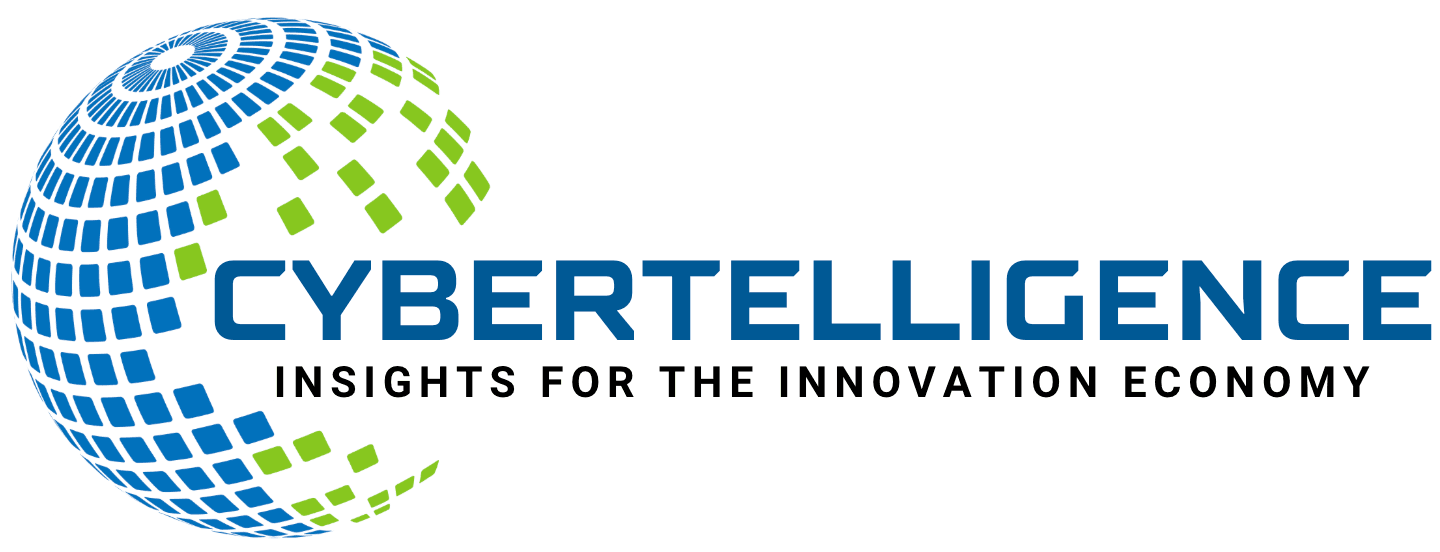Decentralized Finance, or DeFi, is a rapidly growing sector within the cryptocurrency and blockchain industry that is revolutionizing the way businesses manage their treasury functions. DeFi refers to the use of blockchain technology and smart contracts to create financial services that are decentralized, transparent, and accessible to anyone with an internet connection. In the context of business treasury management, DeFi offers a range of innovative solutions for managing cash flow, liquidity, and risk in a more efficient and cost-effective manner.
One of the key features of DeFi is its ability to provide businesses with access to a wide range of financial products and services without the need for traditional intermediaries such as banks or financial institutions. This can include services such as lending, borrowing, trading, and asset management, all of which can be accessed and executed directly through decentralized platforms. By leveraging DeFi for business treasury management, companies can benefit from increased transparency, reduced costs, and improved efficiency in their financial operations.
Leveraging DeFi for Invoicing and Payments
In addition to treasury management, DeFi also offers significant potential for improving the invoicing and payments processes within businesses. Traditional invoicing and payment systems are often slow, costly, and prone to errors, leading to inefficiencies and delays in cash flow management. By integrating DeFi solutions into their invoicing and payment processes, businesses can streamline their operations and reduce the time and costs associated with managing invoices and payments.
One of the key advantages of using DeFi for invoicing and payments is the ability to automate and streamline the entire process using smart contracts. Smart contracts are self-executing contracts with the terms of the agreement directly written into code. This means that once certain conditions are met, such as the delivery of goods or services, the payment is automatically triggered without the need for manual intervention. This not only reduces the risk of errors and fraud but also speeds up the entire invoicing and payment process, leading to improved cash flow management for businesses.
Benefits of DeFi for Business Treasury and Invoicing
The adoption of DeFi for business treasury and invoicing offers a wide range of benefits for companies looking to improve their financial operations. One of the key benefits is increased transparency and security in financial transactions. By leveraging blockchain technology, businesses can ensure that all transactions are recorded on a public ledger, providing a high level of transparency and traceability for all financial activities. This can help to reduce the risk of fraud and errors, as well as improve trust and confidence in financial transactions.
Another significant benefit of using DeFi for business treasury and invoicing is the potential for cost savings. Traditional financial intermediaries such as banks and payment processors often charge high fees for their services, which can eat into a company’s bottom line. By using decentralized platforms for financial transactions, businesses can significantly reduce these costs, leading to improved profitability and cash flow management. Additionally, the automation and efficiency provided by DeFi solutions can help to reduce the time and resources required to manage treasury and invoicing functions, further contributing to cost savings for businesses.
Risks and Challenges of Implementing DeFi in Treasury and Invoicing
While there are many benefits to using DeFi for business treasury and invoicing, there are also several risks and challenges that companies need to consider when implementing these solutions. One of the key risks is the potential for security vulnerabilities in decentralized platforms. While blockchain technology is generally considered to be secure, there have been instances of hacking and fraud in the DeFi space, which can lead to significant financial losses for businesses.
Another challenge is the regulatory uncertainty surrounding DeFi. As a relatively new and rapidly evolving sector, there is still a lack of clear regulations governing decentralized finance, which can create legal and compliance risks for businesses. Companies need to carefully consider the regulatory environment in which they operate and ensure that they are compliant with all relevant laws and regulations when implementing DeFi solutions for their treasury and invoicing functions.
Best Practices for Integrating DeFi into Business Treasury and Invoicing
To mitigate the risks and challenges associated with implementing DeFi in business treasury and invoicing, companies should follow a set of best practices to ensure a successful integration. One of the key best practices is to conduct thorough due diligence on potential DeFi platforms before engaging with them. This includes assessing the platform’s security measures, regulatory compliance, and track record in the industry to ensure that it is a reliable and trustworthy partner for financial transactions.
Another best practice is to start small and gradually scale up the use of DeFi solutions in treasury and invoicing functions. This can help companies to test the waters and gain experience with decentralized platforms before fully committing to them. Additionally, companies should invest in robust cybersecurity measures to protect against potential security vulnerabilities in DeFi platforms, such as using multi-factor authentication, encryption, and regular security audits.
Case Studies: Successful Implementation of DeFi in Business Treasury and Invoicing
There are several examples of companies that have successfully implemented DeFi solutions in their business treasury and invoicing functions, demonstrating the potential benefits of these technologies. One such example is a multinational corporation that leveraged blockchain-based smart contracts for its invoicing process, resulting in significant cost savings and efficiency improvements. By automating the invoicing process using smart contracts, the company was able to reduce the time and resources required to manage invoices while also improving accuracy and transparency in its financial transactions.
Another case study involves a small business that used decentralized lending platforms to access liquidity for its treasury management needs. By borrowing funds through decentralized lending protocols, the company was able to secure competitive interest rates without the need for traditional financial intermediaries, leading to improved cash flow management and reduced borrowing costs. These case studies demonstrate the diverse range of applications for DeFi in business treasury and invoicing, highlighting the potential benefits for companies of all sizes.
Future Trends and Opportunities in DeFi for Business Treasury and Invoicing
Looking ahead, there are several future trends and opportunities in the DeFi space that could further revolutionize business treasury and invoicing functions. One such trend is the integration of decentralized stablecoins into treasury management processes. Stablecoins are cryptocurrencies that are pegged to a stable asset such as fiat currency or commodities, providing businesses with a more stable store of value for their treasury needs. By leveraging stablecoins within decentralized platforms, companies can benefit from increased stability and reduced volatility in their financial transactions.
Another future opportunity is the development of decentralized identity solutions for invoicing and payments. Decentralized identity platforms use blockchain technology to provide secure and verifiable digital identities for individuals and businesses, which can be used to streamline the invoicing and payment processes. By integrating decentralized identity solutions into their financial operations, companies can improve security, reduce fraud, and enhance trust in their business transactions.
In conclusion, DeFi offers significant potential for improving business treasury management, invoicing, and payments through its innovative use of blockchain technology and smart contracts. While there are risks and challenges associated with implementing these solutions, following best practices can help companies to mitigate these risks and unlock the many benefits of DeFi for their financial operations. As future trends continue to evolve in the DeFi space, businesses have an opportunity to leverage these technologies to further enhance their treasury management and invoicing functions, leading to improved efficiency, transparency, and cost savings.




